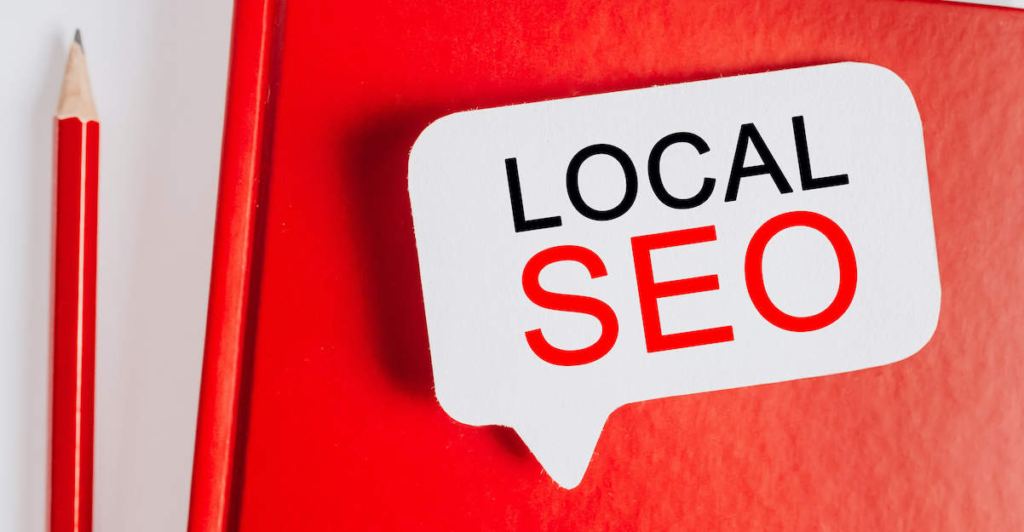Welcome to our beginner’s guide to local SEO! If you’re a business owner looking to attract more local customers, understanding local SEO is crucial. Let’s go through everything you need to know to get started and improve your local search visibility.
What is Local SEO?
Local SEO stands for Local Search Engine Optimisation. It’s the process of optimising your online presence to attract more business from relevant local searches. In simple terms, it’s about making sure your business appears when people nearby search for products or services you offer. Unlike traditional SEO, which focuses on improving your website’s visibility on a global scale, local SEO is all about increasing visibility in local search results.
Why Local SEO Matters
Investing in local SEO can have a significant impact on your business. Studies show that 78% of local mobile searches result in an offline purchase. By optimising for local searches, you’re not only increasing your online visibility but also driving more foot traffic to your physical location. This targeted approach means you’re reaching potential customers at the exact moment they’re looking for your products or services. Click on the Linkhouse to view the best tools for local SEO.

Key Components of Local SEO
Google My Business (GMB)
One of the most important aspects of local SEO is Google My Business (GMB). It’s a free tool provided by Google that helps businesses manage their online presence across the search engine and Google Maps. Setting up and optimising your GMB profile ensures that your business information—such as your address, phone number, and opening hours—is accurate and easily accessible to potential customers.
To get started with GMB, visit the Google My Business website and create or claim your business listing. Fill out all the required information, including your business name, category, and a brief description. Make sure your business hours and contact details are up to date. Adding high-quality photos of your business, products, or services can also enhance your profile and attract more attention.
Local Keywords Research
Local keyword research involves identifying the specific terms and phrases that potential customers are using to search for businesses like yours in your area. These keywords often include location-based terms, such as city names, neighbourhoods, or even landmarks.
Tools like Google’s Keyword Planner, Moz Keyword Explorer, or SEMrush can help you find relevant local keywords. Look for keywords with a good balance of search volume and competition. Incorporate these keywords naturally into your website content, meta tags, and GMB profile to improve your chances of appearing in local search results.
Localised Content
Creating content tailored to your local audience can also boost your local SEO efforts. Consider writing blog posts, articles, or creating videos that discuss local events, news, or issues relevant to your industry. Engaging with your community through local content not only helps in attracting local customers but also positions your business as a valuable resource in the area.
For example, if you run a coffee shop in Manchester, you could write about upcoming events in the city, review local coffee blends, or share stories about your involvement in community events. This type of content not only resonates with local audiences but also encourages social shares and engagement, which can further enhance your online visibility.
Are Free SEO Tools Good to Use?
Are you trying to deal with SEO by yourself? You’re going to need a variety of tools to get you started. This is necessary for finding things like the best keywords, as well as monitoring the results of your campaigns.
While there are some well-known SEO tools out there, something that many people debate is whether they should pay for them. Indeed, there are often free alternatives and you may be hoping to cut corners on costs. So, is this a good idea?

The Limitations of Free SEO Tools
Know that some SEO tools that are free on the internet are great. The fact that you’re not paying for them and they provide you with useful information you can use campaigns can’t be argued with. But, you have to recognise that they’re often limited. You’ll only get certain features for free, and then you’ll have to pay for the rest.
Generally, it’s agreed that free SEO tools are a good place to start at the beginning. However, they’re not going to do everything for your business. Sometimes, you need more advanced tools to understand what’s going on with your website and to check what your competitors are doing. So, know that it’s unlikely you can avoid paying for SEO tools forever. Recognise that they have basic functionality and can be a good starting point when you’re watching your budget. But, it’s beneficial to make an investment later on.
Always Research Tools
This doesn’t mean that you should only purchase the most expensive SEO tools and believe they’ll do everything for you. Remember that you still have to create a strategy. These tools are just giving you valuable resources. The best thing to do is ask other business owners what they use and do your research online. You’ll soon be able to identify the tools that everybody keeps mentioning and you can try them for yourself.
Conclusion
In conclusion, local SEO is a powerful strategy for businesses looking to connect with nearby customers. By optimising your Google My Business profile, targeting local keywords, creating localised content, and managing your online reputation, you can improve your visibility in local search results and drive more traffic to your business. Remember to regularly monitor your local SEO performance and adapt your strategy based on insights and feedback. Implementing these tips will help you establish a strong online presence in your local community and grow your customer base.













